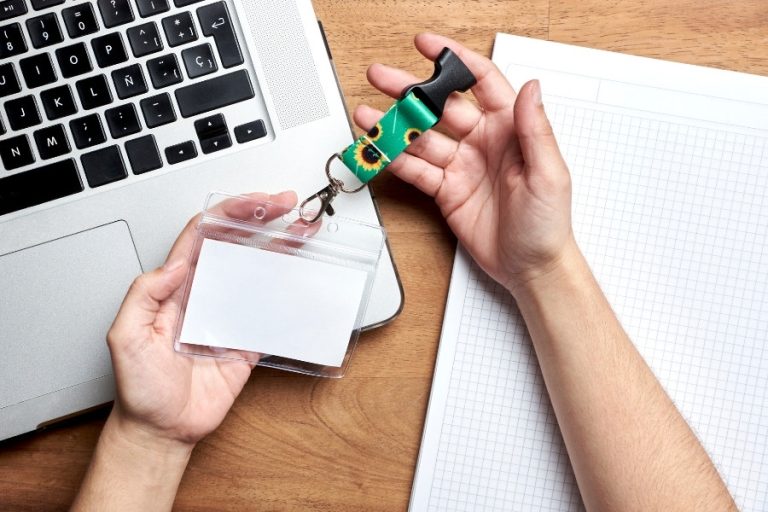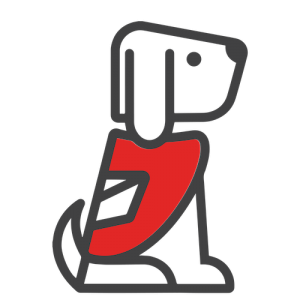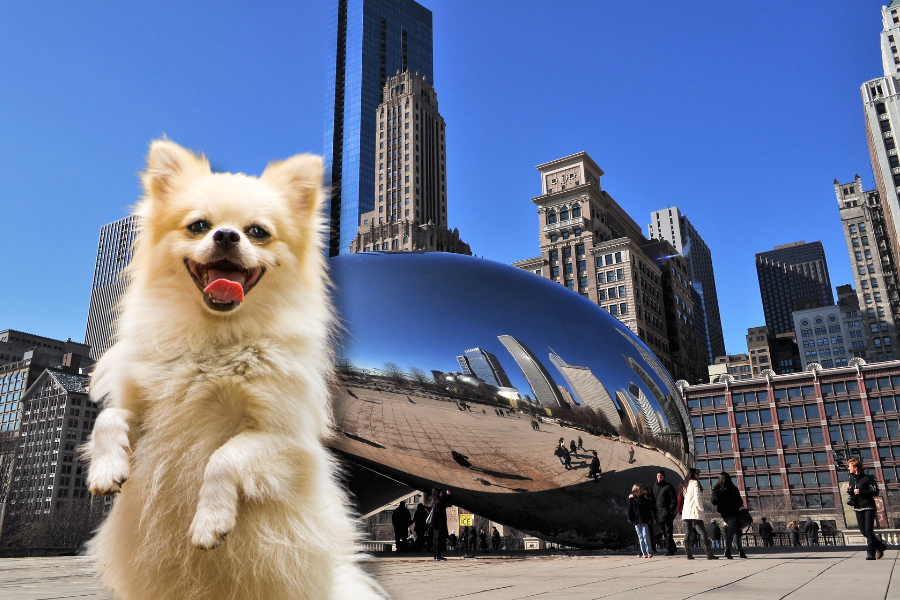
Sunflower Lanyards for Hidden Disabilities
- Published on:
- By: ASP Team
For as long as I’ve been dealing with my chronic, invisible illness, I’ve been afraid to travel. The entire airport process has been something that I dread. Between impossibly long check-in lines to overcrowded public spaces, my anxiety disorder flies at an all-time high. I was always too embarrassed to let anybody know, but more than once I’ve had to leave before even boarding my flight. In recent years, I’ve come to learn that many with chronic disorders and hidden disabilities struggle with this, too. The good news? Sunflower lanyards for hidden disabilities may help!
What is the Sunflower Lanyard?
The Sunflower symbol is recognized globally, and represents those with invisible or hidden disabilities. Not all chronic illnesses and or disabilities are visible to others, but are just as interruptive to daily functionality. It can be hard to ask for help when others can’t see what you suffer from; especially in instances where negative stigmas have been falsely attached to your problem. Thankfully, people no longer have to “grin and bear it”, or suffer on their own. Sunflower lanyards can be discreetly worn to alert airline staff when a passenger may need some extra assistance.
Who Can Use the Lanyard?
Every person qualifies! There aren’t any forms to fill out, or questions that need to be answered. Best of all, the lanyards are free and don’t have expiration dates. Most airports agree that their primary goal is to make travel easy and accessible for all, regardless of their limitations. With lanyards, passengers won’t need to explain or justify their struggles. Wearing one is all it takes!
To see a detailed list of hidden disabilities and chronic invisible illnesses, consider checking out this website. If your specific chronic illness, disability, or injury hasn’t been included, it doesn’t mean it doesn’t count! Any disability that isn’t outwardly (or easily) identifiable to others qualifies you for a Sunflower lanyard.
Get Your ESA Today
ATTENTION
Due to the new Department of Transportation (DOT) policy, Emotional Support Animals are NO longer allowed to fly in airplane cabins for free. However, Psychiatric Service Dogs are eligible.

Where Is The Sunflower Lanyard Accepted and or Recognized?
The Hidden Disabilities Sunflower initiative began in the United Kingdom in 2016, when the London Gatwick Airport recognized a growing need for help among their airport travelers. Since then, it’s been adopted all over the country, and has also been spreading worldwide. According to the list provided on the Hidden Disabilities official online store website, the Sunflower lanyard is recognized in almost forty different U.S. cities, with more than a dozen additional airports planning to use it there soon.
Airports aren’t the only places using lanyards, either. If you live in the UK, other public businesses that may recognize the lanyard include bus and train stations, fire departments, hospitals, grocery stores, and various tourist attractions. With any luck, the other countries opting for Sunflower lanyards will motivate more public businesses to use them in the future.
I’m particularly excited for Boston’s Logan Airport to begin using the program. As someone whose hidden impairments include increased anxiety awareness, it would be extremely beneficial for my spouse to have the option of staying with me at the gate until it’s time to board. For years, I’ve been avoiding traveling anywhere solo, as I’ve come close to passing out on more than one occasion. When I do have to travel alone, we drive further away so that the size of the airport eliminates some of my panic. Gaining back some independence at a more convenient airport, simply by using the lanyard, would be a huge advantage.
What Are the Perks / Benefits Of Having A Sunflower Lanyard?
While some who require assistance have physically visible handicaps, the Sunflower lanyards allow for clearer recognition of less obvious impairments. Many with outwardly physical struggles and or disabilities prefer to do all that they can on their own. Yet, when they do need extra help, the reason is far more apparent than it is with those who have hidden disabilities.
Depending on location, perks that lanyards offer during travel might include:

- Extra time to get through airport check-in and security, as well as the flight-boarding process.
- More straightforward information on the overall airport experience, so they can be prepared for what to expect once they get there.
- Staff or crew assistance with reading boards or signs. This is especially helpful when it comes to confirming departure times and locating departure gates.
- Staying with a travel partner – such as a health advocate, close friend, or family member – during all parts of their airport experience, even in areas where passengers are usually the only ones permitted.
- Receiving one-on-one instructions, to make sure they understand instructions and or protocols that passengers are being given.
Where Can I Get My Own Lanyard?
If you think that you may benefit from wearing a Sunflower lanyard, check to be sure that your airport participates. If so, any airport staff should be able to assist you or direct you where to go. Otherwise, a lanyard can be purchased at the Hidden Disabilities official online store.
It’s important to note that the lanyards aren’t meant to be sold for a profit at participating airlines. Furthermore, while other websites may offer the lanyards for sale, they’re usually sold at an inflated price, counterfeit, or copycats. To ensure that your lanyard is recognized by airport personnel, please be sure to get one directly from the airport, or purchase one directly from the official store. The rest of their purchasing policies can be found directly at the bottom of their webpage.

Compassion Cacti Lanyards
While the majority of airports on board with the Hidden Disabilities initiative have opted to stick with the sunflower logo on a dark green lanyard, Phoenix Sky Harbor (AZ) has chosen to use their own design. Their lanyards are bright (neon) green and are printed with a saguaro cactus, instead. The saguaro is the state’s official flower, and grows on the tips of a cactus during May and June.
Rolled out in 2020, Compassion Cacti was inspired by the Sunflower program already in place. Unlike that program, however, there are no additional perks. It simply serves to let the staff know that you may need assistance.
Additional Airport Assistance Programs
Depending on the airline flown, additional assistance programs for developmental challenges may come in handy for travelers. The Arc, whose mission statement is to promote and protect human rights of those with intellectual and developmental disabilities and actively support full community inclusion (read more here), has many major chapters. One of their initiatives, Wings Over Autism (also known as Wings For All) serves to help families flying with autistic children.
Sunflowers And Service Dogs?
As I learned all about these amazing support programs, I couldn’t help but wonder if it might be worth extending the Sunflower lanyard idea to Psychiatric Service Dogs. If PSDs were able to wear vests, collars, or leashes with Sunflower logo designs, more with hidden disabilities may be inclined to use them. It’s crucial to note that I haven’t uncovered any plans for airlines to extend these services. If they did, however: would those still shy to wear a lanyard, or those with PSDS who still meet opposition, feel better flying if their PSD could wear the Sunflower as well?
Whatever your stance on the lanyards, one fact remains indisputable: hidden disabilities are just as valid as the rest, and those who have them should be able to travel or fly free of judgment!


The benefits of an Emotional Support Animal certification and a Psychiatric Service Dog certification are drastically different. Fortunately for you, American Service Pets’ network of active board certified doctor or other licensed mental health providers can help you find the right path to certification. To find out whether you need an ESA or PSD letter, take our easy, three-step Pet Owner Survey!
More Great Resources




